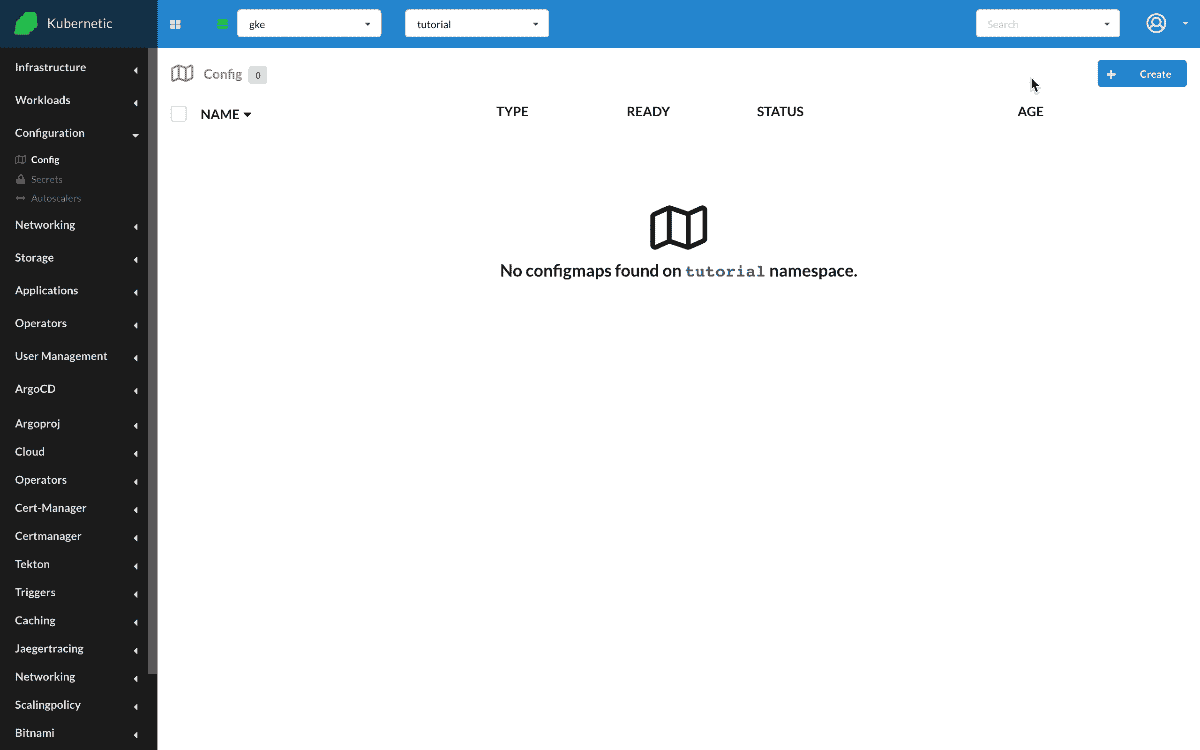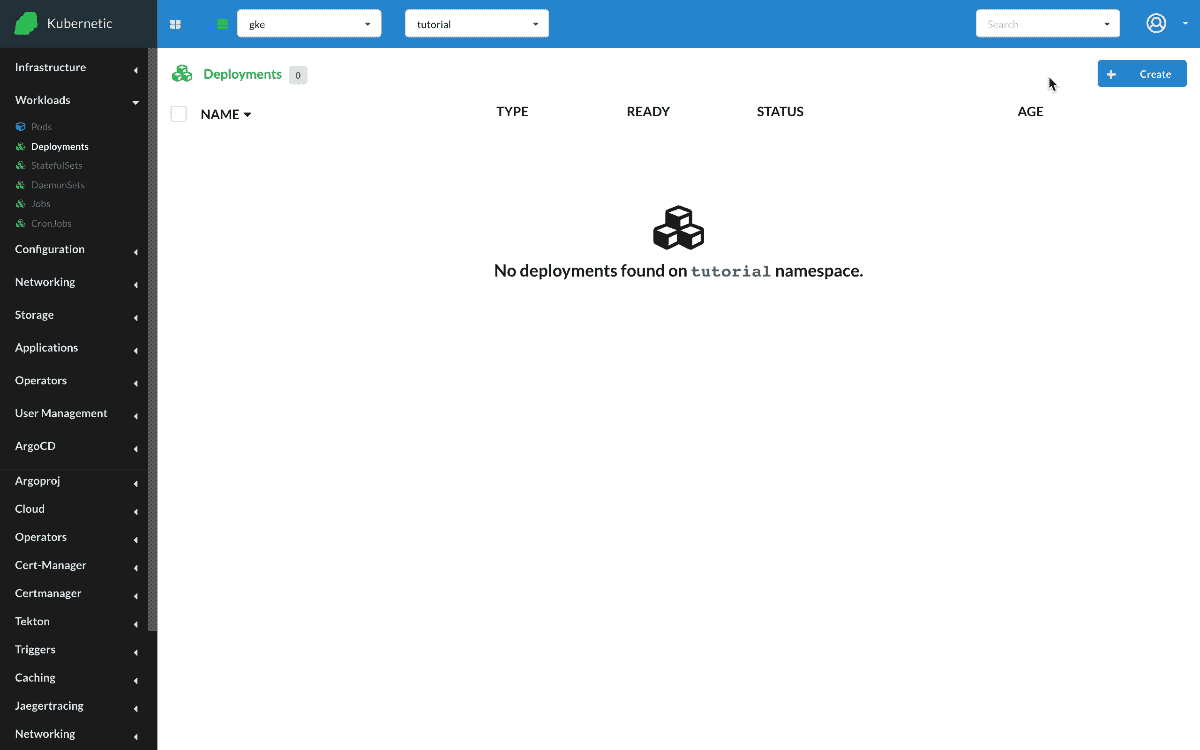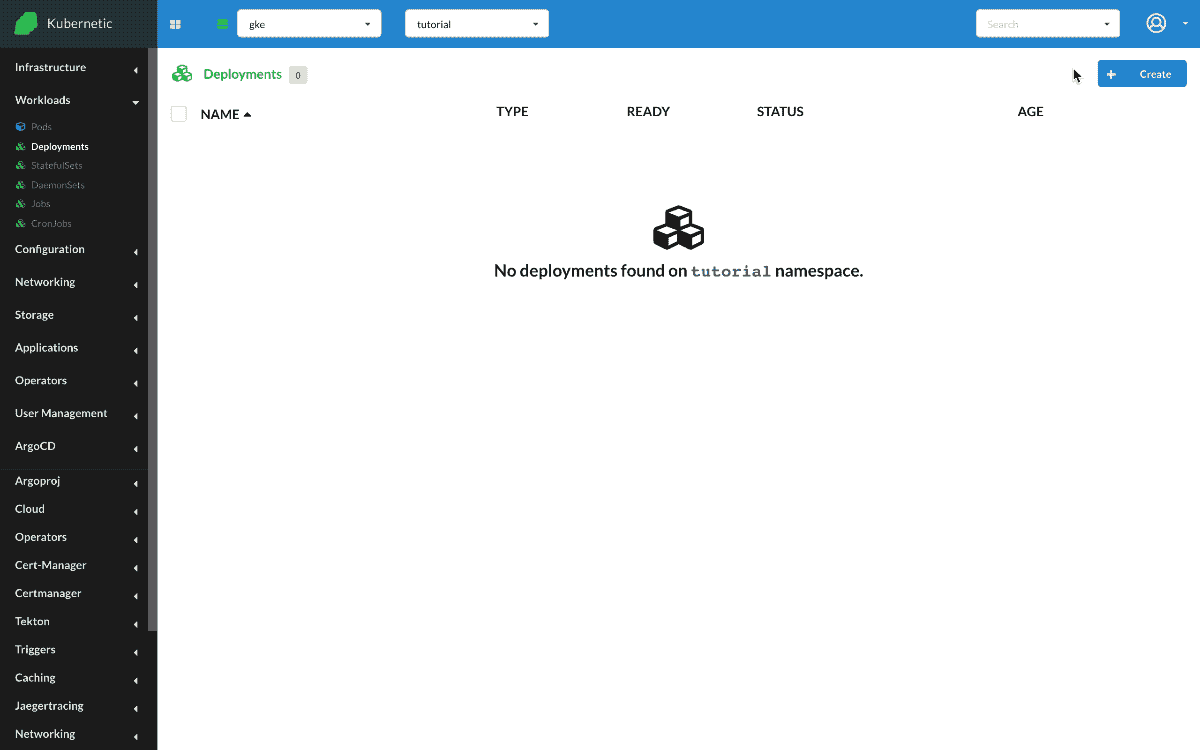ConfigMaps
TIP
During this tutorial you'll learn how to manage ConfigMaps on Kubernetes.
- Level: beginner
- Requirements: none
- Previous Tutorials: deployments
- Can run on Cluster: any
- Can run on Namespace: any
- Images used:
nginx:alpine
ConfigMaps allow you to decouple configuration from container images, so that your applications are easily portable.
WARNING
ConfigMaps do not provide secrecy or encryption. If the data you want to store are confidential, use a Secret rather than a ConfigMap.
Nginx with ConfigMap as Env Variables
We 'll be running an Nginx instance that we'll pass some environment variables, but instead of configuring the environment variables on the same workload (e.g. Deployment) we'll reference them from a ConfigMap.
First let's go and create a ConfigMap with some values.
- Create
ConfigMap- Name:
nginx-config - Data: [
COLOR:blue,DAY:monday]
- Name:

Now that we have created the ConfigMap, let's create the Nginx instance and configure two environment variables that take their value from the ConfigMap.
- Create
Deployment- Name:
nginx - Image:
nginx:alpine - Env: [
COLOR:ConfigMap(nginx-config):COLOR,DAY:ConfigMap(nginx-config):DAY]
- Name:
Once created we can open a terminal and check the environment variables by running env. Their values should appear on screen
$ env
...
COLOR=blue
DAY=monday
2
3
4

Nginx with ConfigMap as Volume
We can also use ConfigMaps as volumes. We'll re-use the previous ConfigMap and create a new deployment
- Create
Deployment- Name:
nginx-volume - Image:
nginx:alpine - Volumes: [
/storage:ConfigMap(nginx-config)]
- Name:
Once created we can open a terminal and check the path /storage. It should contain two files COLOR and DAY, each one with the content of value.
~ # cd /storage/
/storage # ls
COLOR DAY
/storage # cat COLOR
blue
/storage # cat DAY
monday
2
3
4
5
6
7

Cleanup
Remember to delete the following resources after you finish this tutorial:
- on active namespace:
deployments/nginxdeployments/nginx-volumeconfigmaps/nginx-config